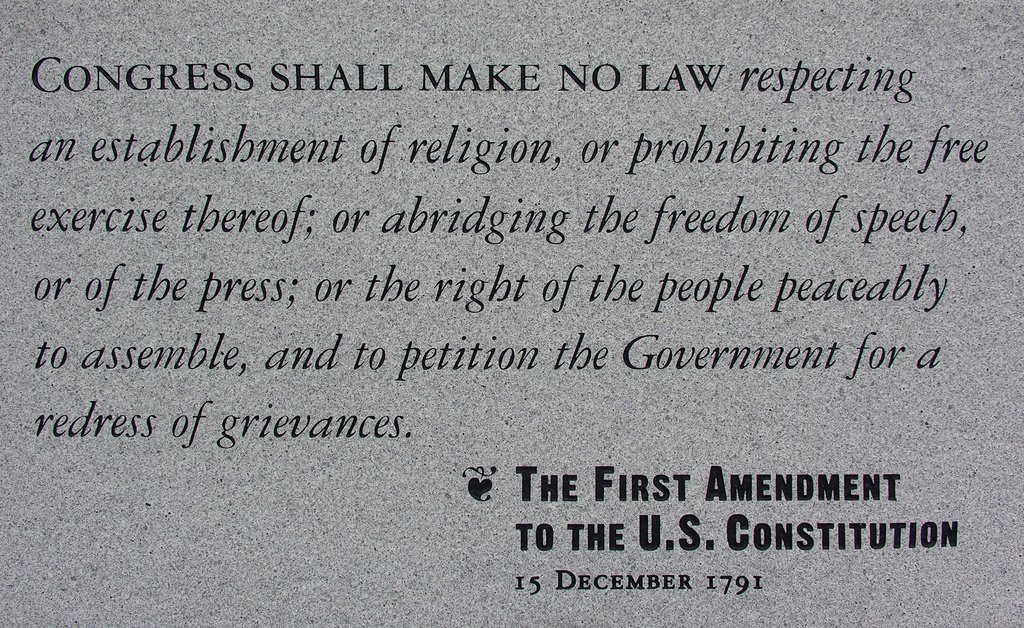It lands gently, flatters you and charms you, makes you feel smart for recognizing how beautiful it is.
Do not be fooled. It is dangerous. Those ideals? They are not what they seem. (1/23)
The “naturalistic fallacy” reminds us that that which *is* true (e.g. in nature) is not inherently that which *ought* to be true. Truth and value are, therefore, distinct and unique. 3/
Sometimes the truth is ugly. That does not make it untrue. 4/
I, at least, take it to be self-evident that people can find value in things that are not true (see: flat-earthers, lizard-people are among us, etc). 5/
But a kind of reverse-engineered naturalistic fallacy lives in some people’s minds: Ah, if I value this—or if he or she values it—then it must be true! 6/
Sometimes what we “value” is just those conclusions that are politically- or socially- expedient. They may have little to do with what is in fact true. 7/
- Is what she says true? Seems not.
- Is what she says falsifiable (and thus assessable as true or not)? No.
- Does what she says have value? It does to some. To others it does not. 9/
Truth: if a claim can’t be falsified, then we cannot know if it is true. We should therefore not accept that it simply is, even when heartfelt, emotional testimonials stream at us, night and day. 10/
Democracy is one response to this: Let the majority decide. If all members of a civilization are freely able to decide what they believe, then the majority position should have weight, moving forward. 11/
Totalitarianism always flies in on the wings of beautiful (sounding) ideals. 15/
medium.com/@heyingh/griev…
the-american-interest.com/2018/05/24/ato…




